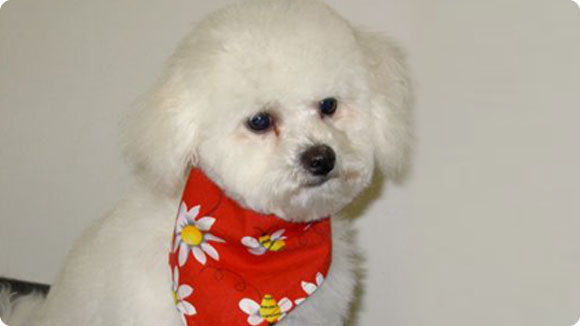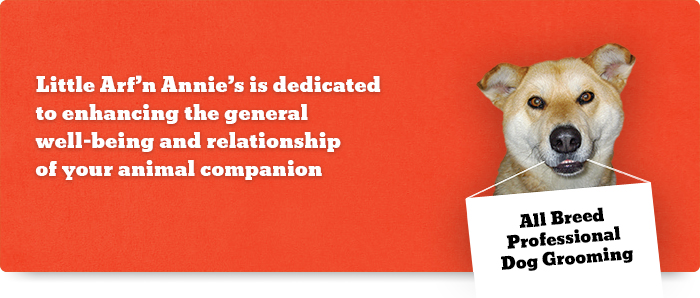Puppy Nipping & Mouthing
 Tuesday, May 18, 2010 at 9:08PM
Tuesday, May 18, 2010 at 9:08PM Puppies use their mouths to explore their environment. They frequently interact with one another by using their mouths and paws. They learn from their mother, littermates and other dogs at a very young age what mouthing is acceptable or unacceptable. This is called bite inhibition. You don’t want your puppy to never use their mouths to explore or play but you want them to understand when it is ok to do and that it is done gently. Puppies that have been taken away from their mothers and littermates too early tend to have a harder time learning bite inhibition because they were not given the chance to learn what the clear signals were to not bite so hard. Puppies taught never to mouth at all can sometimes bite way too hard if they actually do choose to bite. There are many techniques and tools you can use to teach your puppy bite inhibition and proper manners when it comes to nipping.

- Don’t take a puppy away from its mother and littermates before 8 weeks of age. This is a crucial time for them to learn appropriate acceptable behavior.
- Make sure your puppy is well socialized with other adult dogs and puppies. Adult dogs usually will not put up with excessive or hard mouthing. They are your puppy’s best teachers.
- Learn the body language and signals that other dogs give to a puppy that is biting or when they want the nipping to end. A puppy that has been bitten too hard by another puppy will yelp loudly, turn away, ignore the one that bit them and cease play all together. Try the same thing when your puppy bites you too hard. Immediately yelp, stop playing with them, ignore them, and give no eye contact until they calm down.
- Don’t rough house and play too hard with your puppy. Make sure you end and start play time and encourage them to mouth on toys instead of your hands or arms.
- Make sure you have a good relationship with your puppy by practicing good leadership.
- Keep interactions such as petting and greetings calm and reward all acceptable behaviors with quiet praise, treats or toys. IGNORE the bad behavior.
- Hitting or yelling at them will tend to escalate their arousal level and can sometimes encourage them to bite harder.
- You can use anti chew products such as bitter apple on your hands and arms but use this only as a tool to help you while you are training them.
- If your dog is biting hard and not responding to any of the above methods you should talk to a professional because it is more serious biting and can become an issue as they get older.
- Teach a leave it command.
